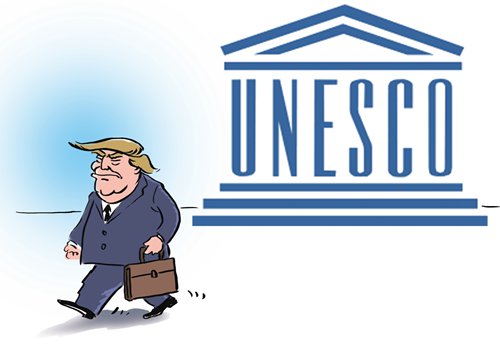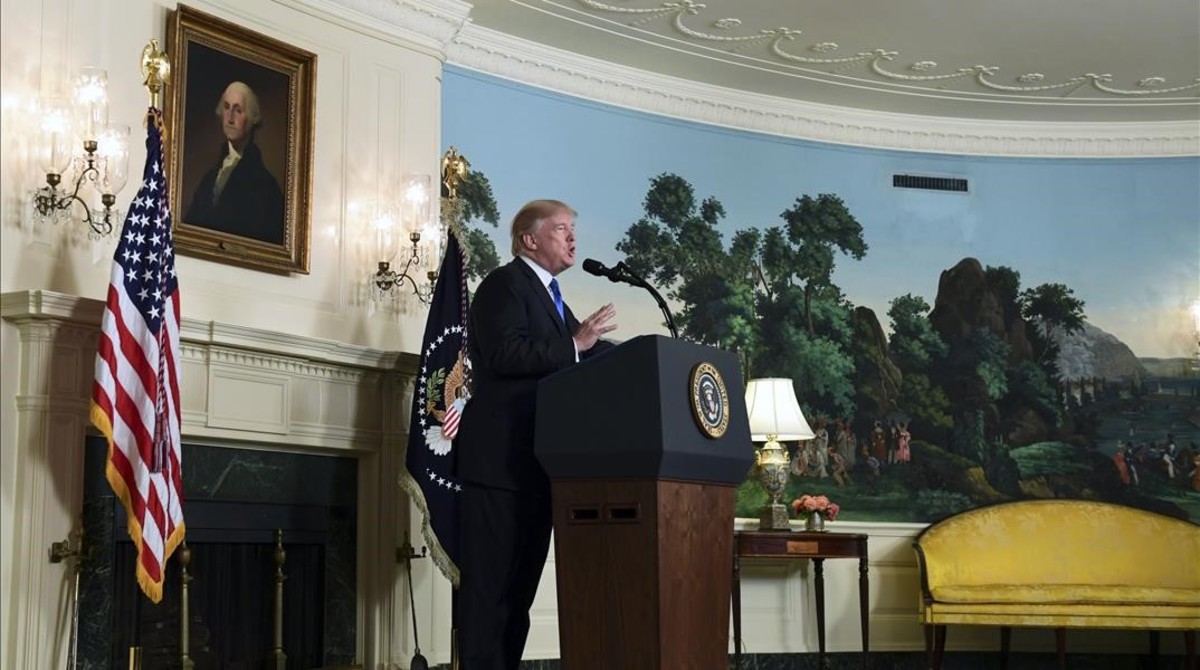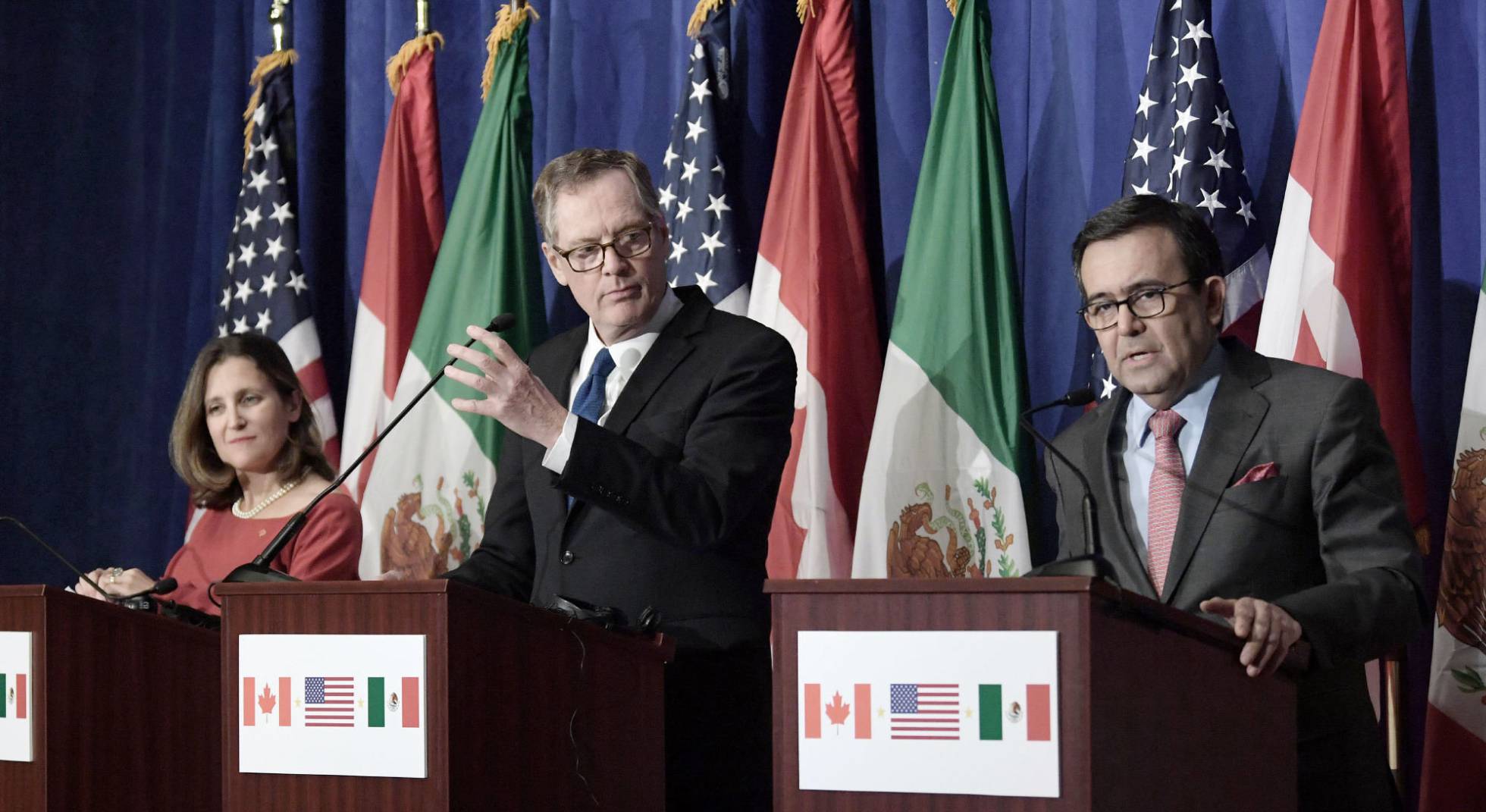
America Looks Willful with Its UNESCO Exit
Washington has already left the Paris climate agreement, the Trans Pacific Partnership, and now UNESCO as well. These exits have managed to outline the partial shape of Trumpism.
America has ceased paying its UNESCO dues since 2011 and lost its voting power as a result. The American reasoning was to protest UNESCO’s acceptance of Palestine as a member state. In addition, in 1984, America also left UNESCO and didn’t rejoin until 2003.
The exit would cancel more than $500 million of membership dues owed to UNESCO, which might be one of Washington’s motivations in leaving the organization. Also, the Republican Party has always felt the U.N. is very inefficient in realizing America’s interests. The State Department’s excuse of UNESCO’s “bias toward Israel” may not be the truth.
America was UNESCO’s largest source of membership fees, contributing 22 percent to the total, so its exit would undoubtedly create a negative influence, impacting America’s soft power and hurting its image and reputation, which is similar to the fallout from America’s exit from the Paris climate agreement. Unlike the previous administrations, the current American government does not value soft power as much, and is more focused on building America’s hard power.
As the world’s only superpower, America has always tried to balance between two different ways of doing things: one, using the United Nations and other multilateral mechanisms to promote America’s interests, and two, using American power to directly coerce all sides to gravitate toward America’s interests. The former could make any mission more legitimate, but is not as efficient; the latter method is more instantaneous, but also has more risk. America’s Democratic administrations tend to lean toward the first way while Republican administrations prefer the second method.
The current American government likes to emphasize reviving its economy and boosting employment, is willing to increase military spending, and is in favor of strengthening its nuclear arsenal. Meanwhile, America is exiting multiple international organizations and mechanisms, believing that they’re useless, or even blocking America’s way. It is obvious that Washington thinks the effect of increasing and generating hard American power is worth any losses from abandoning international cooperation.
Washington’s lack of hesitation in putting America first will affect international relations for the foreseeable future. Past international cooperation has become labeled as some sort of “politically correct” behavior, and Washington is breaking this trend first. All international partnerships’ moral persuasion and trustworthiness will be damaged. A country’s soft power will be increasingly questioned, while hard power will be more valued.
When a country has more hard power, it can be more impulsive; this is what Washington is showing to the world. After America has made these important exit decisions, whether existing international organizations and mechanisms could continue to function, and whether the void Washington has created could be properly filled by various parties’ efforts, will be a critical test for the international world. It remains to be seen if, after America has scattered the existing mechanisms, these mechanisms could generate more power, and attract America back into their fold. It will be a tug of war between America and the world.


